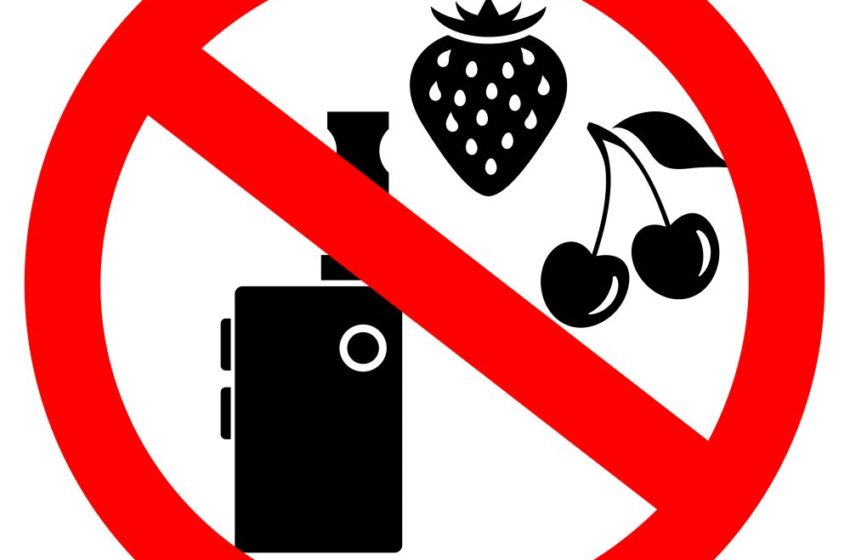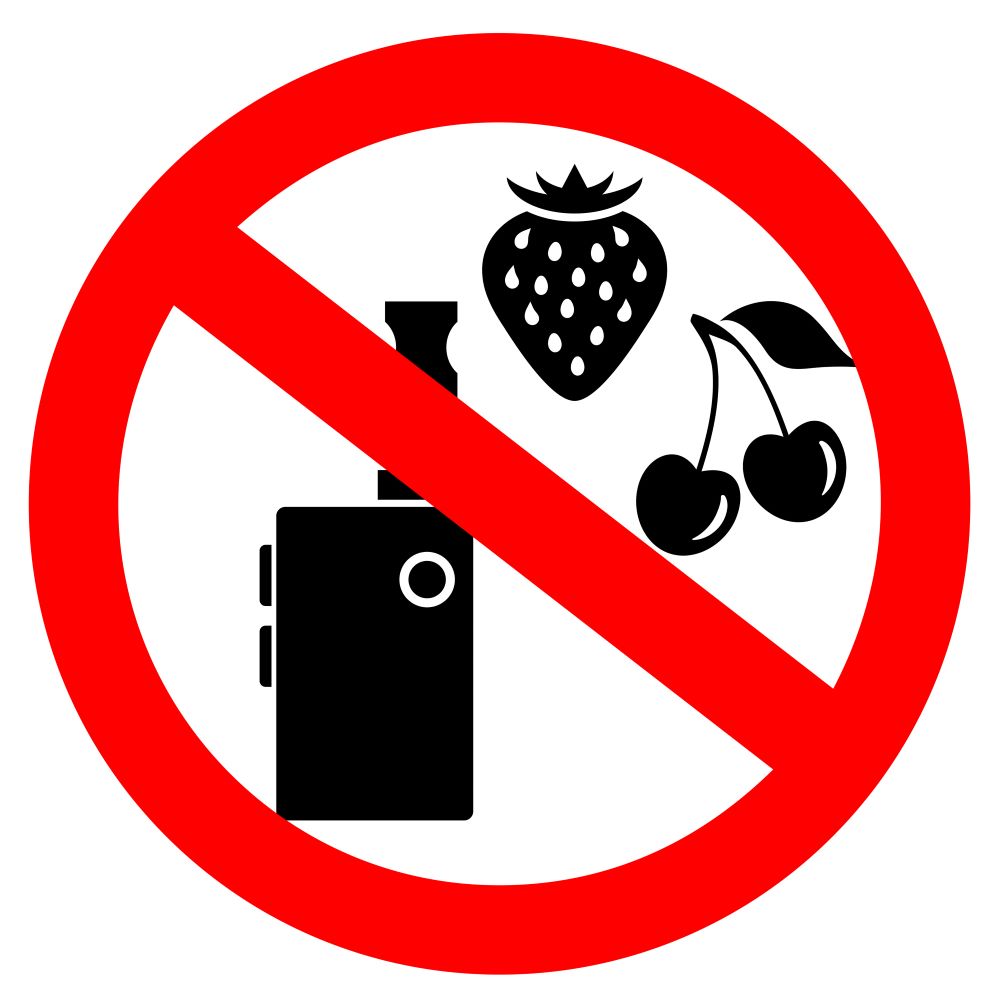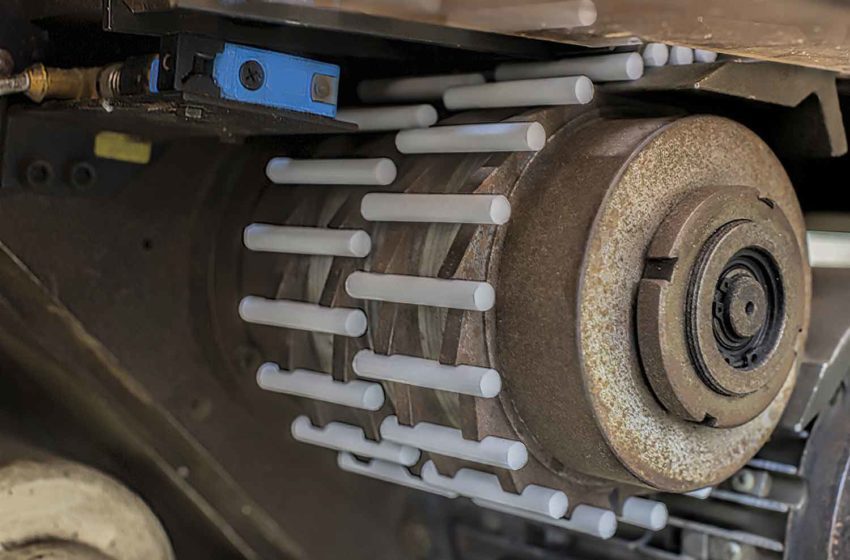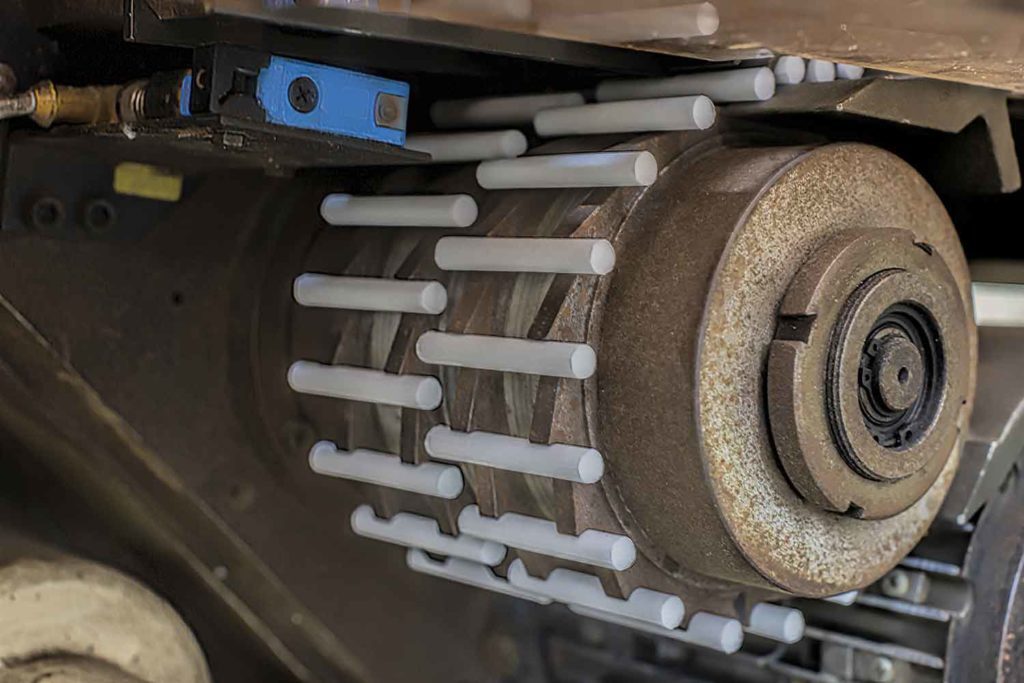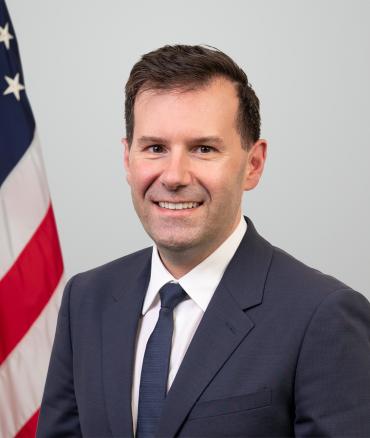
The Fair-Trade Independent Tobacco Association (FITA) chairperson, Sinenhlanhla Mnguni, has expressed that the organization would like to see more government engagement with manufacturers before policy amendments are made. This follows news of the Control of Tobacco Products and Electronic Delivery Systems Bill of 2018 being submitted to Parliament by the Cabinet, according to The South African.
The bill proposes 100 percent smoke-free indoor areas and designated outdoor smoking areas as well as cigarette packaging changes. The FITA represents 80 percent of cigarette manufacturers in South Africa, and Mnguni stated that the proposed changes will lead to fiscal challenges for FITA members and the whole of the tobacco industry.
“FITA and its members hope and trust that these measures will be introduced after full consultation with all the role players in the industry and not just those big companies that seem to hold much sway over certain government officials,” said Mnguni.
“We are of the opinion that communication between our industry and government and its institutions continues to be monopolized, dominated and controlled by multinational cigarette manufacturers,” Mnguni said.
“There is still a lot of noncompliance in the tobacco industry along the value chain, particularly following the five-month-long tobacco ban, and we hope that government will employ greater resources in future to protect the legitimate industry and to ensure that issues such as the rampant smuggling of cigarettes, which robs our fiscus of billions, are eradicated.”






